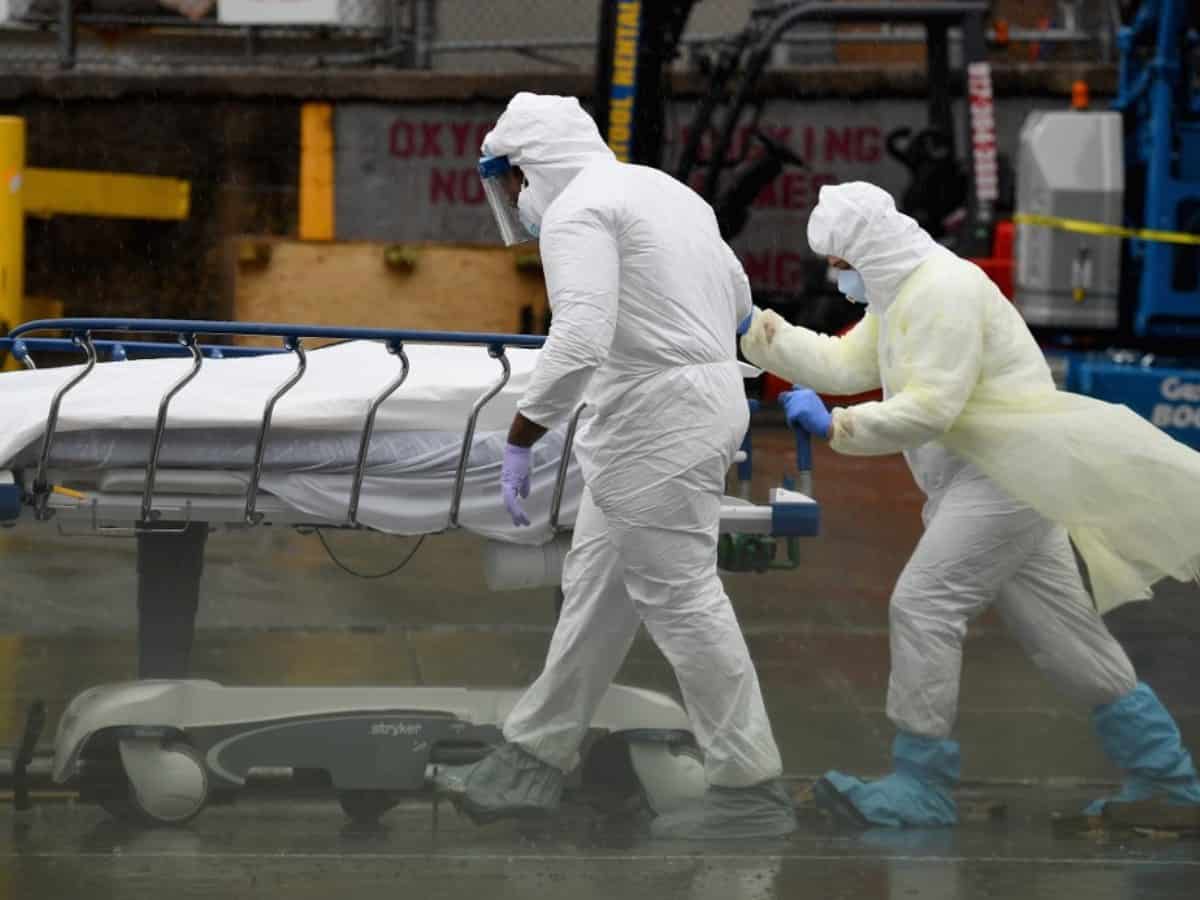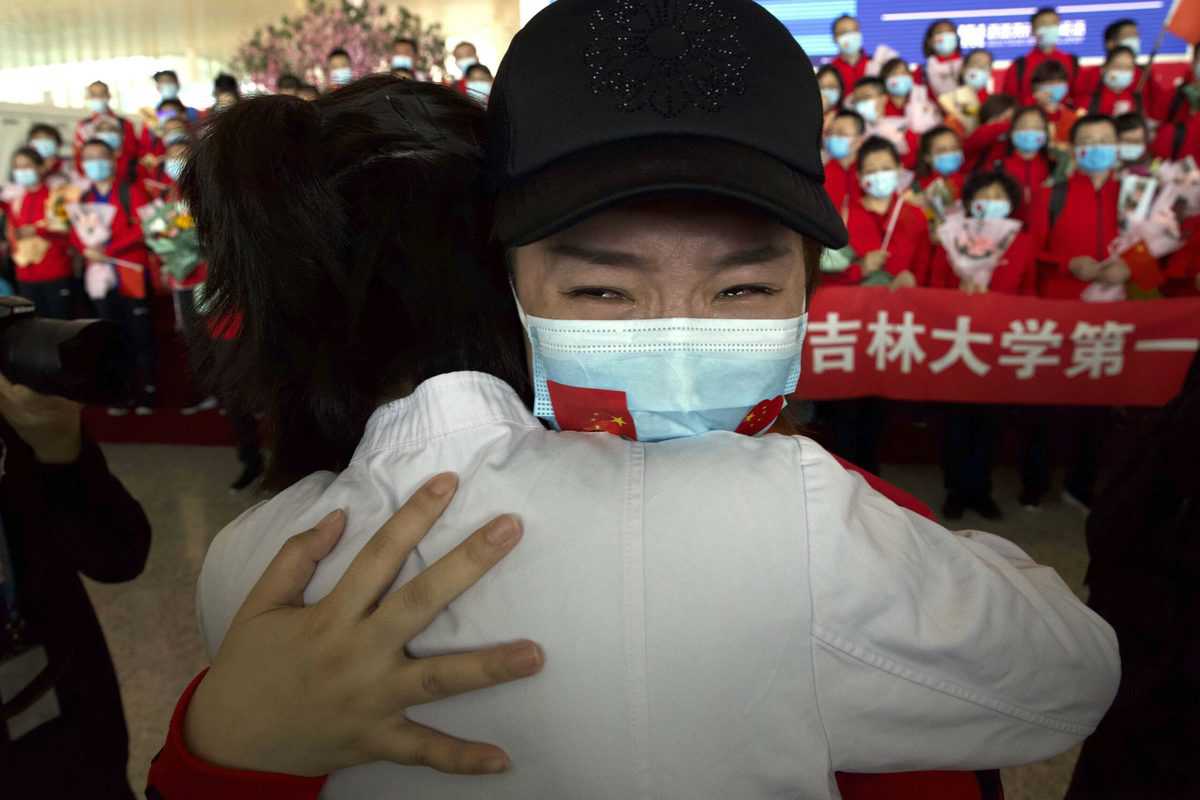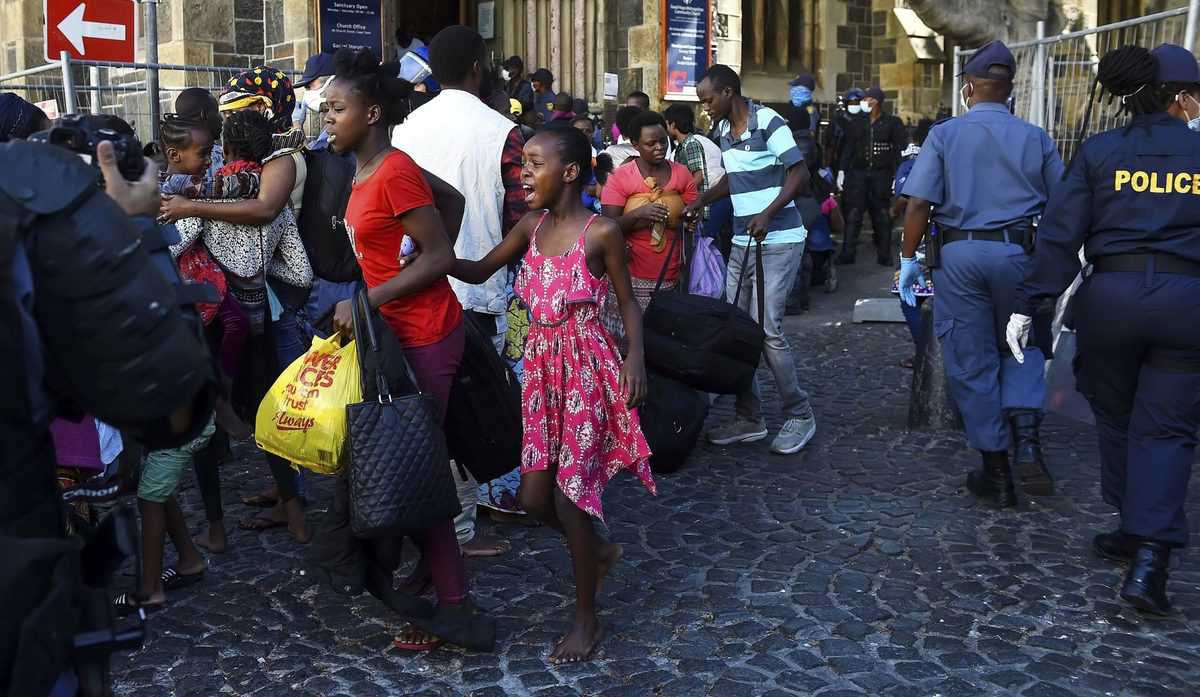Absar Alam and Sarfaraz Nasir
UN Secretary-General Antonio Guterres in late November of 2019 expressed, “Rising nationalism among the member states of the United Nations has destabilized the proven records of the UN in saving human lives and suppression of wars since its establishment.”
The Secretary-General further voiced his concern to UN member states for their ideological leaning towards right-wing cultural nationalism. Such development can be seen in both– developed and developing countries. Developed nations, once looked at for the high ideals of liberalism and multilateral cooperation, are posing challenges to multilateralism. The Secretary General’s apprehension was a timely reminder to UN member states. However, many countries continued with their populist and right-wing totalitarian characteristics even at the time of the current COVID- 19 crisis.
Yuval Noah Hariri, in his article in Financial Times on March 19, wrote “In this time of crisis, we have two important choices. The first is totalitarian surveillance state and citizen empowerment, and the second is between nationalist isolation and global solidarity.” Regrettably, these nations are making the choices which are not conducive for global solidarity and multilateral cooperation; rather they are propagating totalitarian surveillance state, leading to a complete lack and absence of global partnership against COVID-19 outbreak worldwide.
The answer lies within the conceptual framework of the political establishment i.e. the ultra-nationalistic tilt of liberal democracy by its ruling parties in several democratic states. Moreover, there are contradictions inherited in the rhetoric of the current political leadership. For instance, political establishments focus on their domestic policies based on populist ideas which directly affect the vulnerable citizens. These compel them to focus on their own strategic and economic goals instead of setting up a global or regional forum. As a result, global leadership has almost failed in garnering any form of global cooperation module to fight against COVID-19 endangering the whole of humanity. Furthermore, their national pursuits are based on characteristics of totalitarian states; therefore, they focus on their economic well-being and in that satisfying the needs of certain affluence class.
Fukuyama, in his magnum opus End of History and the Last Man, argues that “the nation will continue to be a central pole of identification, even if more and more nations come to share common economic and political forms of organization.” The common economic interests among nations emerged with the process of globalisation, ultimately resulting in the inter-country mobility of goods, technology, financial and human capital. With the process of globalization, came the formation of numerous multilateral forums–global north and south countries. Above all, the global north was leading the world in financing and supporting fight in the eradication of extreme poverty, climate change and providing platforms for negotiation to circumvent conflicts.
In recent time, the world has witnessed the breakdown of such support from the global north, particularly from the United States of America (USA). Member States of the UN Security Council are promoting their respective strategies based on bilateralism and nationalistic identities. China’s Belt and Road Initiative is one example where pursuits of its national and strategic interests will weaken global cooperation. Similarly, because of aggressive nationalistic identity, the current leadership of the United Kingdom (UK) decided to quit the European Union (EU) putting pressure on Germany’s Chancellor to take standalone initiatives to save both regional and multilateral cooperation. The current US leadership also seems to be bereft of the idea of multilateral cooperation and ignored some of the initiatives which were aimed to favour multilateral cooperation. These initiatives are the Paris Agreement on Climate Change and Regional Comprehensive Economic Partnership (RCEP) among countries of Asia and the Pacific including Japan, China and Australia. But the US, one of the early advocates of such partnership, is happy in giving a blow to such initiatives. The most recent example of weakening the multilateral cooperation is by US President Donald Trump saying “there may be retaliation” if India does not agree to export hydroxychloroquine, a key anti-malaria drug believed to be effective in the treatment of coronavirus.
Countries of South Asian sub-region like India, Pakistan, Bangladesh and Sri Lanka have their own contradictions in respective political rhetoric. These countries strictly adhere to the characteristics of an ultra-nationalism based on cultural characteristics of totalitarianism. Therefore, they are afraid of cooperating at any regional and global platforms. South Asian Association of Regional Cooperation (SAARC) has significantly lost its credibility after decades of its momentous performance. The governments of these countries are busy in advocating their citizens to adopt totalitarian nationalism rather than providing concrete solutions to tackle the outbreak of COVID-19.
Recent trend exhibits a sharp emergence of differences within the group of the developed, developing, and underdeveloped countries. The dynamic of nationalistic and populist politics is the astute reasons why the countries are leading to non-cooperation at any regional/global platforms. Their respective national pursuits are against the very idea of cooperation. With such an outline of heavily right-wing ideas, countries have proved their inability to cooperate even on the issue of COVID-19 crisis. It is also important to note that China tried to advocate multilateralism by utilizing the opportunities provided by the fragmented global north. But its totalitarian characteristics made it fail in emerging as a global catalyst in stopping the outbreak of COVID-19 albeit, originated from mainland China. Global solidarity needs liberal democratic values. It is time to recognize that the threat of ultra-nationalism is not only to a vulnerable population of respective nations but also to the whole of humanity. Novel Corona Virus (COVID-19) crisis brings an opportunity for us to think and change our domestic politics in such a way that the possibilities of global cooperation and solidarity may emerge.
Absar Alam is an Assistant Professor in L. N. Mithila University, Bihar, and Sarfaraz Nasir, a research scholar at Jamia Millia Islamia, Delhi.
If you are interested in submitting your story then please send us an email with credentials to newsdesk@siasat.com










